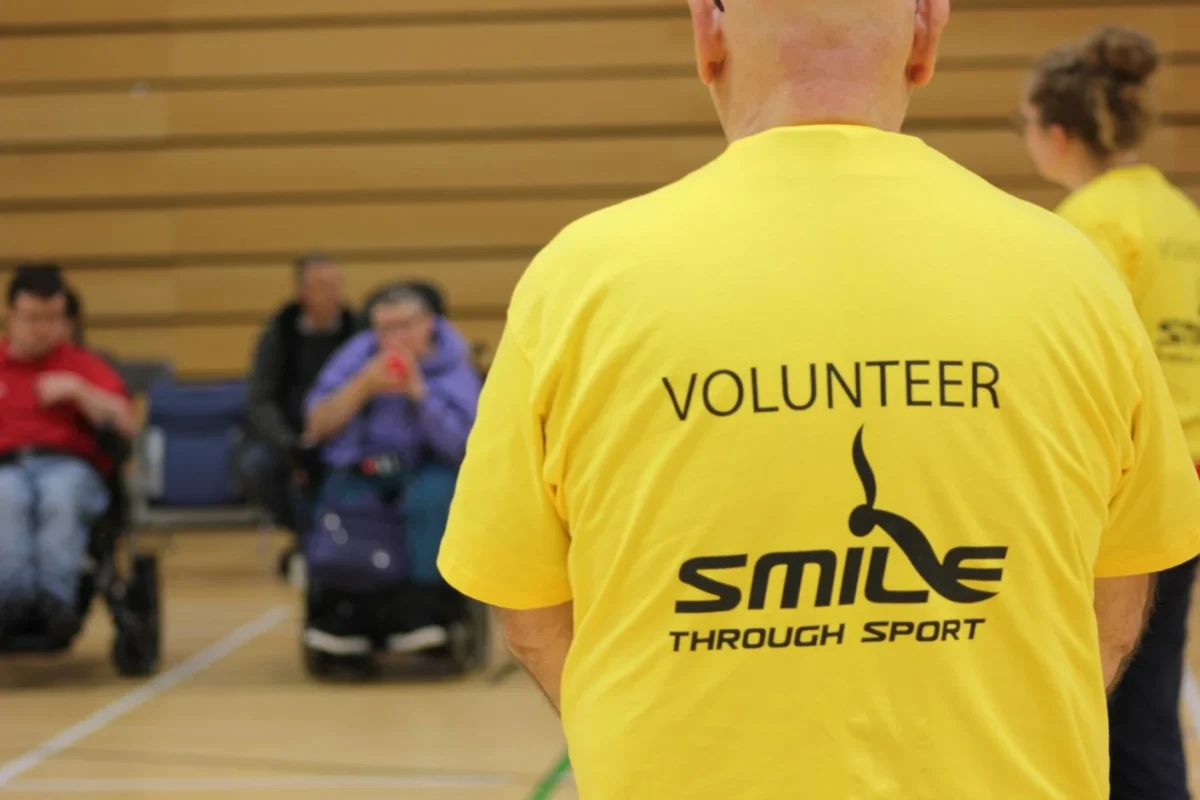Why we need to stop talking ‘mental health’ in workplaces and need to start talking ‘emotional health’

If ever there was a controversial article for me to write, this is probably it. Mental health is as common a term in the workplace as the coffee machine. Yet I believe it is incorrectly being used, not only in workplaces but as a generic term to describe every emotional situation that happens in a person’s life and how they cope with them.
In my bid to find a person I had heard talking on the topic of emotional health on a podcast, but whose name I’d forgotten, I Googled ‘who talks about emotional health’. The search came up with only Mental Health results!
The challenge of knowing the difference between ‘mental health’ and ’emotional health‘
The challenge for me is this: I have friends, acquaintances and people I have interviewed who suffer with mental health conditions. These mental health conditions require medication, they are debilitating and have on occasion led to that person being hospitalised. They have to not only work extremely hard to keep their mental health level so they can function, but they do this with some considerable support.
We appear to be blindly filling the world of work with ‘Mental Health First aiders’, with no real idea of the impact it is having on the perception of the general challenges in life for a human. Ultimately implying that when we don’t feel all that great it must be our mental health and our problem. Actually, it could be because maybe the culture in the workplace is destructive to our wellbeing, but rather than addressing that, we focus back on an individual and encourage them to think that they have a serious mental health condition! I am hoping I don’t need to highlight the ripple effect of this not only in a company but also society when you start to think of the consequences. Mainly because we have already seen it happening across society.
When my partner died 10 years ago, I can remember figuratively crawling into the doctors. I was not functioning; I had never experienced anything like it. The deep loss of someone you love is, as many of you will know, not only is heart-breaking but has a physical effect on your body as well as your mind. I sat across from the doctor and wept, I was unable to manage life. He was of course concerned, and after a heartbeat he said, ‘Well I can give you some tablets’.
Even in my fog of grief I knew that that was not the answer. I was not mentally ill; I was just extremely sad. Grief is simply the extremity of sadness and whilst it would have been easy to numb the pain, it would have in the end delayed the inevitable.
Emotional health
It allowed me to understand that if I want to cope with life’s challenges, not numb them, I would in fact need to work on my emotional health. I was not mentally ill, I did not need a doctor’s tablets and in many ways, now I know what I do on the topic of mental health, I find it insulting to all those who have clinical depression, psychosis, bipolar disorder and what I class as mental health conditions that will not be resolved with some time, connection, compassion and self-awareness.
There is a huge difference between having a situation that has made you sad that someone might label as ‘depression’ to someone who has clinical and ultimately debilitating depression. Also, there is a huge difference between experiencing anxiety because you have to do something that is uncomfortable and then having anxiety all day because it is a side effect related to a mental health disorder.
Supporting emotional health in the workplace
In the workplace we have made it a standard conversation to say that something is wrong with your mental health when actually it could simply be you experiencing emotions which are a normal part of the human experience. We are supposed to feel sad, anxious, stressed and all those other emotions, yet it is how we learn to manage them and grow with them that is the trick.
So, in organisations and the workplace, how can they support the workforce’s emotional health? In addition, how can you support your own emotional health? We are all responsible for seeking out opportunity for personal growth, so my advice below is based on a two-prong approach.
Stop getting busy being busy
‘I am just soooooo busy’. Somewhere in the 90s it started to grow as a badge of honour to say those words. To stay late at work and never sleep. The burn out of that mentality has been seen and understood to affect us and ultimately our emotional health. Of course, sometimes we are just busy, but a consistent need to say this is about being unable to put in boundaries, say no, manage time. There are of course very busy people, I am busy, but I don’t tend to feel I have to tell people. My work is my life’s work and if I spend 12 hours in the office it is not unusual, but through your own self awareness you will know whether you are enjoying it or not or even using it as an exercise to hide behind. We have control of our own time, you might not think you have, but you do. Of course, there is also the getting busy doing the things that you don’t need to do as well, but that is a whole article in itself.
Organisations don’t want to teach you to say, ‘no’ and put in healthy boundaries but if they do, they will find a reduction in burnout. The productivity does surprisingly increase.
Sit with it
Sitting with our emotions. Seeing them for what they are and then letting them pass us by is one of the most underrated skills. Something happens in your life, an action happens to us or we take action, it brings up a thought and this in turn brings up an emotion. When we understand that it’s a process, we can look at that and work out also how to change that. I strongly recommend seeking out the work of Marisa Peer, she simplifies the need on how to manage emotions and when I read her work I related to it and how I had learnt to cope, it gave me the confirmation needed that the simple way I process was a good way.
The voice in our head
The voice in our head, otherwise known to some as our ‘ego’ is a slippery fish. Everyone’s is different but in the current world many report to hear, ‘I am not good enough’, ‘I can’t do this’, and such like. A rumination of negativity swirls around convincing us that the world as we know it is doomed. Yet we control those thoughts, only us. If when we repeat all day, ‘I am enough’, you will indeed believe that you are enough. Tuning into our heads for the voice in our minds is incredibly powerful.
Organisations working on training around this is not a game changer but it is important as what it does is allow meetings to be conducted with more care of not fuelling that voice none of us want to hear.
Our health
Sleep and what we eat really does matter. If you often feel emotionally unstable, simply looking at the foods you eat and ensuring you sleep enough will see a shift in that, without addressing anything else. Our organisations can provide more information on the power of food; what lifts you up and what brings you down. Ensuring that business communications cannot happen at certain times of the day (such as lunchtime or after 6) to ensure down time is adhered to and such like. The power of controlling these things has a huge effect on our emotional health.
Acceptance
You might imagine what I am going to talk about here, but it’s actually about judgement. We are a ‘judgy’ society. Often not accepting the ideas or dreams of people around us. 95% of the population blame someone every day for something. We want to look out at the world and make ourselves feel better and that, if you aren’t living your best life, usually involves judgement. When we learn to accept the people around us, the nuances of the differences; when we can stand on the side lines and cheer people on whilst they do the things we would never dream of doing, we will feel better emotionally. A lack of acceptance, judgement and blame are signs that your own emotional health needs some work.

Cultural Change Consultant, Workshop leader and Public Speaker, A Culture of Kindness
Nahla researches kindness and how it impacts leadership and society as a whole. She is in turn delivering keynotes, training and consultancy programs that are driving more productive workplaces and happier workforces. You can also find her breaking a couple of Guinness World Records in her spare time.











Responses